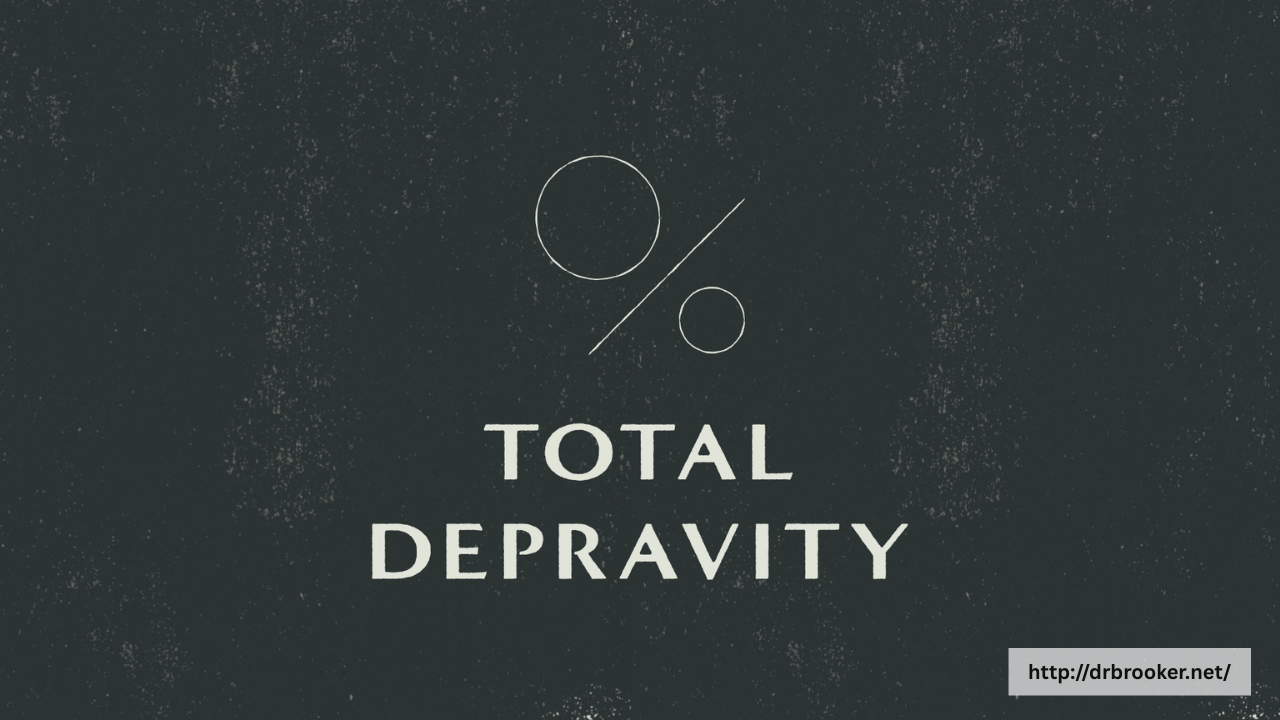Addiction is often seen as a physical or psychological disorder, but from a Reformed theological perspective, it is a manifestation of a deeper spiritual issue—humanity’s fallen condition. Reformed theology provides a unique lens for understanding the root of addiction and offers profound hope through the doctrines of grace. At the core of this view are two powerful truths: total depravity and total redemption. Together, they explain both the depth of human brokenness and the power of God’s grace to redeem and restore.
Total Depravity: The Depth of Human Brokenness
The doctrine of total depravity teaches that every aspect of human nature has been corrupted by sin. This does not mean that people are as bad as they could be, but that sin has touched every part of who we are—our thoughts, desires, and wills. Romans 3:10-12 declares, “None is righteous, no, not one… no one seeks for God.” From this perspective, addiction is not just a bad habit or a mental illness—it is a fruit of our fallen nature, a symptom of our deep separation from God.
Addiction vividly illustrates the reality of total depravity. It enslaves the will, distorts desires, and leads people to seek life, relief, and comfort in created things rather than the Creator. The addict, like all sinners, is not merely in need of better habits or therapy—though these may help—but of a complete transformation of the heart. Reformed theology acknowledges that we are incapable of saving ourselves or even desiring God apart from His divine intervention.
Total Redemption: The Hope of Divine Intervention
While total depravity reveals the seriousness of the human condition, Reformed theology does not leave us in despair. It leads us to the glorious doctrine of total redemption. God, in His sovereign grace, has made a way for complete restoration through Jesus Christ. This redemption is not partial or theoretical; it is powerful, effectual, and complete.
Jesus came to set captives free (Luke 4:18), and this includes those enslaved to addiction. The gospel offers not just forgiveness, but freedom and transformation. In Christ, addicts find a Savior who not only understands their suffering but has the power to redeem their brokenness. His atoning work on the cross secures new life for those who believe, and His Spirit empowers them to walk in freedom.
Romans 6:6-7 affirms this: “We know that our old self was crucified with him… so that we would no longer be enslaved to sin. For one who has died has been set free from sin.” This is the promise of total redemption: a new identity, new desires, and new power to live a life that glorifies God.
Conclusion: The Path to Freedom
Understanding addiction through a Reformed lens means acknowledging the depth of human sinfulness and the complete sufficiency of Christ’s redemption. Total depravity reveals the root of the problem, while total redemption offers the only true solution. For the addict, this message brings both humility and hope: humility in recognizing the need for grace, and hope in the certainty that God’s grace is sufficient to save, transform, and sustain.

